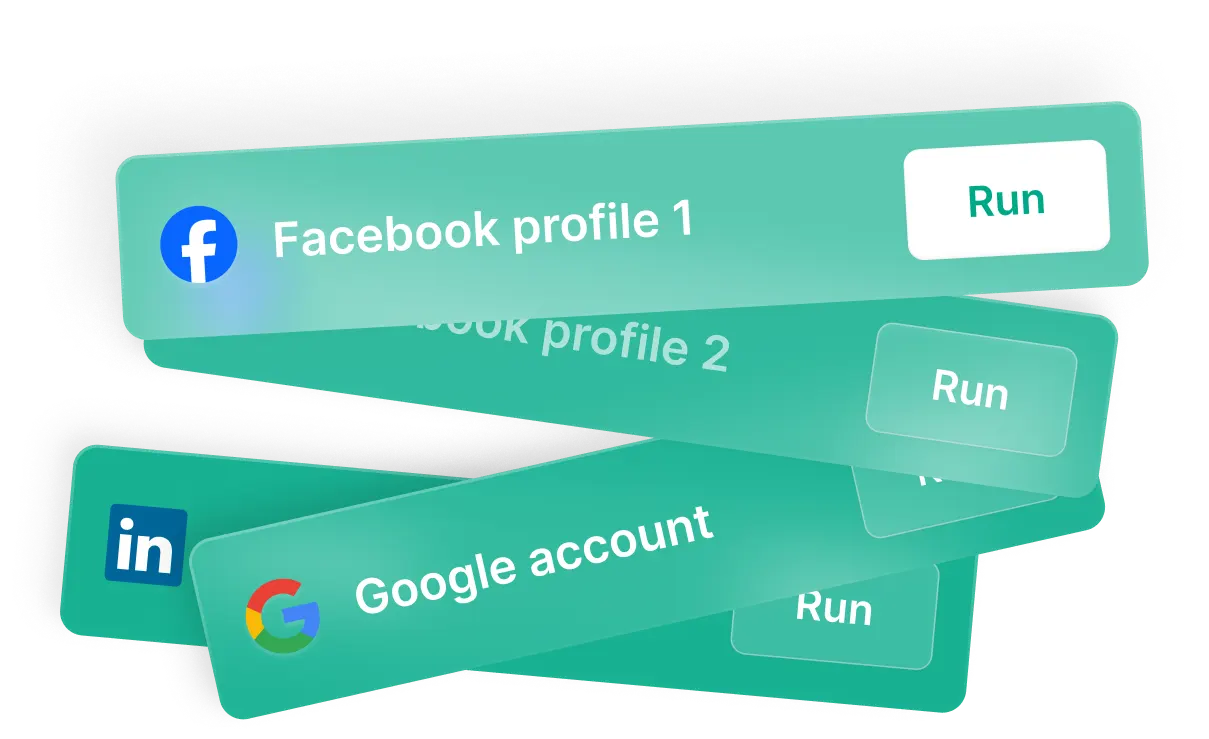Just like other types of proxy servers, a datacenter proxy hides the user’s original IP address and provides an alternative one from a pool of IPs. However, datacenter proxies are not affiliated with Internet Service Providers (ISPs) but instead, they come from secondary corporations such as hosting companies or data centers – hence the name. This is by far the cheapest type of proxy, which does not mean it has lowest quality: there are different downsides.
Datacenter Proxy Benefits
The cheapest of them all by far, datacenter proxies offer higher speed and more affordability than other types like residential or mobile proxies. In some use cases these are the most trustworthy ones as well: for example, static datacenter IPs from trusted companies can last for years with no suspicion from websites or downtime.
Downsides
They may not be ideal for certain tasks where appearing as a regular consumer user is important due to their non-ISP origin, which makes them more prone to being detected by advanced security systems. For example, if you’re creating new accounts or logging from a new place into your accounts, datacenter proxies might raise more suspicion than you might get with any other type. Use wisely!
Static & Dynamic Datacenter Proxies
Static Residential Proxies are ideal when you need to operate under the same IP for extended periods such as managing social media accounts, posting ads on Craigslist or sneaker copping where changing IPs can lead to suspicion or blocking.
Dynamic Residential Proxies provide higher level of anonymity making them suitable for tasks like web scraping large amounts of data, SEO monitoring across different geographies or bypassing geo-restrictions where having variable IPs reduces chances of being detected or banned.
In summary, depending upon specific use-case scenario either for personal privacy reasons or business-related tasks such as market research etc., choosing right type of proxy including whether it should be a data center-based one becomes crucial decision point.
